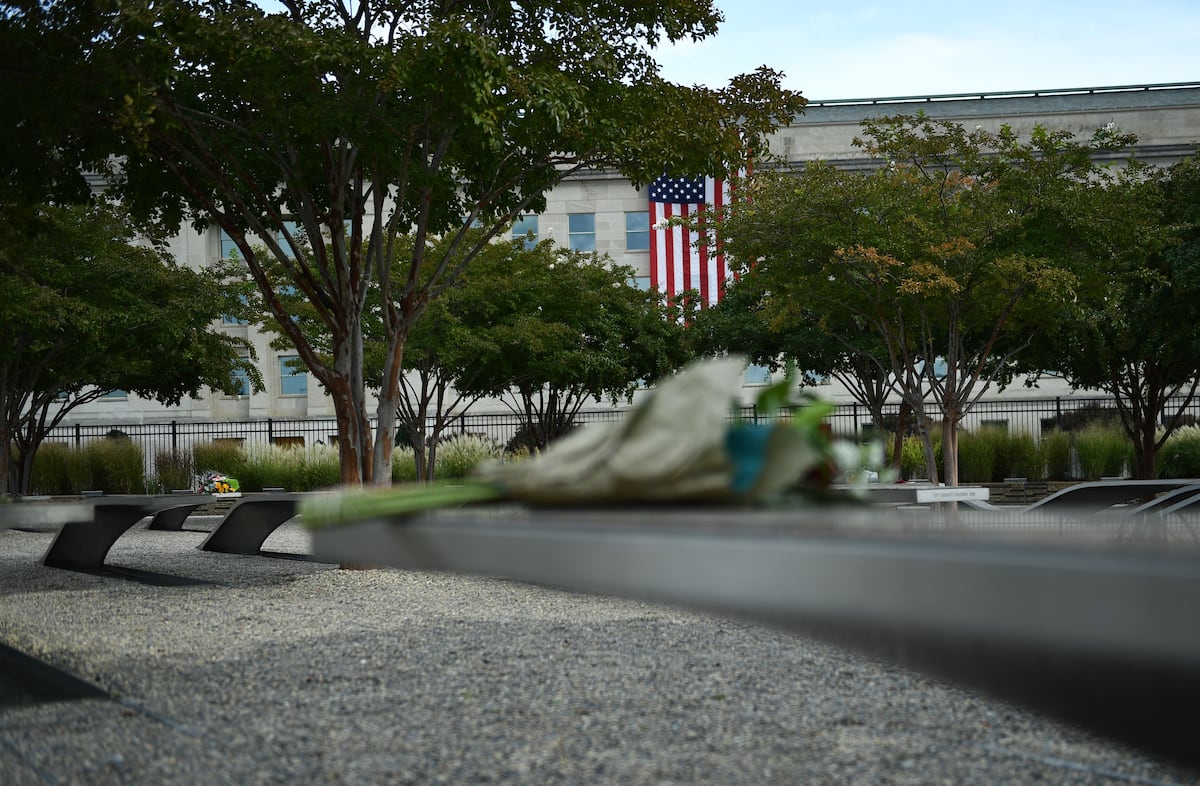A record share of Americans support higher defense spending, according to the annual Reagan National Defense Survey released Thursday.
Just under 80% of respondents said they would prefer a larger military budget, with 49% saying they are strongly in favor of one. The 79% share is two points higher than last year’s survey, as a super majority often expresses support on the question. It also outpaces some of America’s other foreign policy priorities, such as aid (43%) and “promoting freedom abroad” (61%).
Still, spending more on domestic goals such as Social Security (89%), health care (84%) and infrastructure (89%) were all more popular — a growing tradeoff as America’s entitlement programs threaten to squeeze the defense budget by the end of the decade.
The Ronald Reagan Institute has surveyed U.S. public opinion on national security for the last six years, and the latest poll was conducted two days after the November presidential election. Rather than focus on voters specifically, the survey included a representative sample of around 2,500 Americans.
National security is often one of the least prioritized issues among voters during an election, but the last year has been an exception. Both major candidates presented vastly different ideas of America’s proper place in the world, and many voters were dissatisfied with the Biden administration’s policy around Israel, which for the last year has fought separate wars in Gaza and, more recently, Lebanon.
Overall, public trust in the military ticked up after a multiyear fall, though it’s still nearly 20 points below the 70% high recorded in 2018.
A majority of respondents supported continuing U.S. security aid to Ukraine (55%) and Israel (54%), and a plurality (41%) said the U.S. military should be “large enough to win separate wars against China and Russia at the same time,” a larger force than envisioned today.
“We certainly saw that reflected in President [Donald] Trump’s rhetoric in this campaign, channeling ‘peace through strength’ as a core driving ideology. What we see in the survey is that message is is resonating with the American people,” said Rachel Hoff, the Reagan Institute’s policy director.
That said, Trump hasn’t defined what “peace” or “strength” means to him. Defense spending rose during his first term in office, but the president-elect’s opinions on defense spending don’t fit neatly into any wing of the Republican party’s foreign policy community — leaving different groups to jostle for influence.
Those factions are mainly split into three camps. Traditional defense hawks advocate for greater military spending and an increased American military presence around the world. Prioritizers and restrainers, on the other hand, would prefer to pick and choose what crises to put first or do less altogether.
Of the three, those calling for America to shift resources away from Europe and toward Asia have the least public support. Indeed, 88% of the Republicans responding to the survey said that defense spending should rise.
“The prioritizers are not reflective of what Republican voters refer for their foreign policy,” said Thomas Kenna, also of the Reagan Institute. “Republicans want us to have a military big enough to handle both China and Russia at the same time.”
The full survey results are available at the Ronald Reagan Institute’s website.
Noah Robertson is the Pentagon reporter at Defense News. He previously covered national security for the Christian Science Monitor. He holds a bachelor’s degree in English and government from the College of William & Mary in his hometown of Williamsburg, Virginia.
Read the full article here







